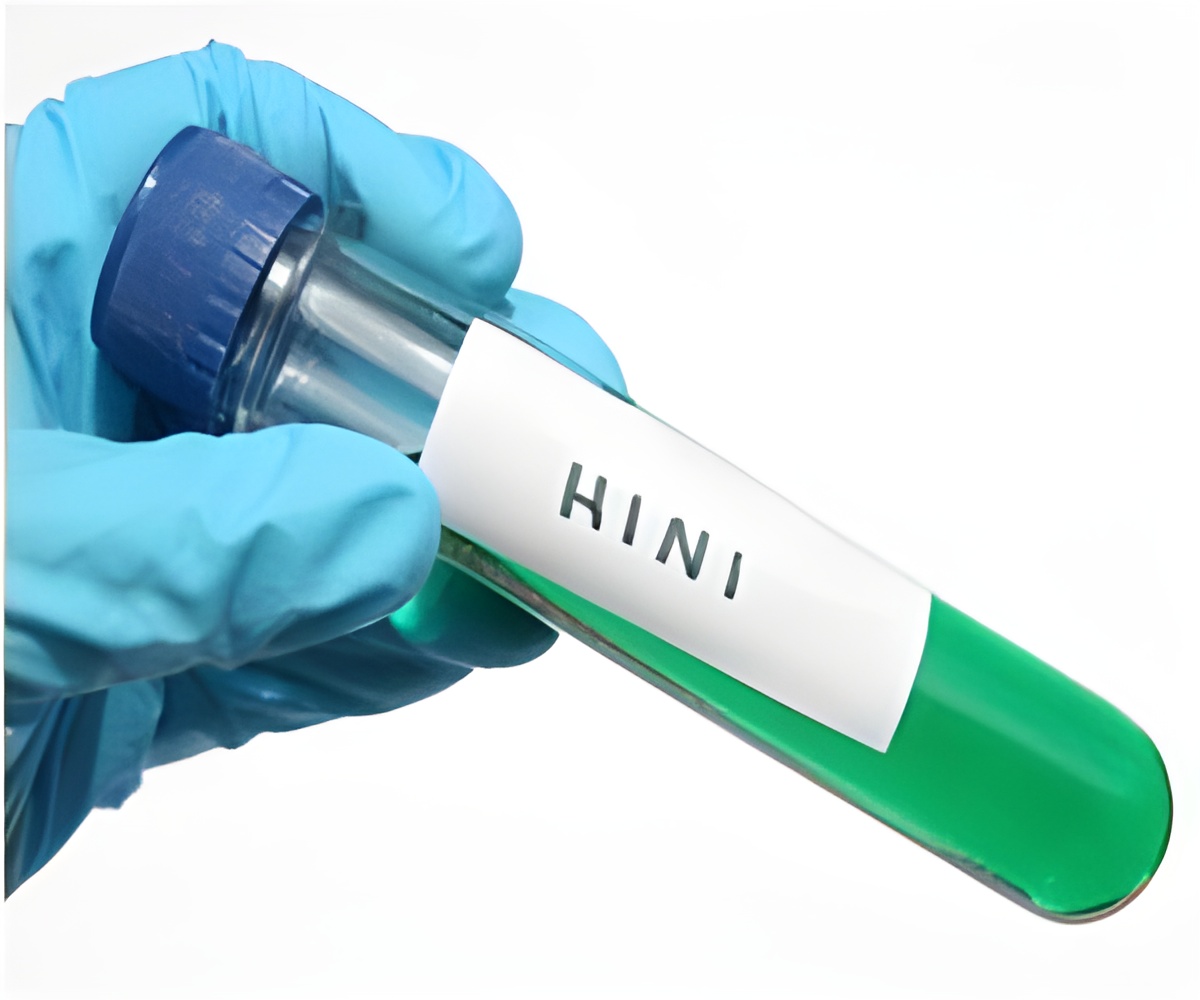Scientists who created a mutant strain of the bird flu virus revealed that they will be resuming their controversial study.

"We declare an end to the voluntary moratorium on avian-flu transmission studies," said an announcement published jointly in the US-based journal Science and its British counterpart Nature and signed by 40 scientists from research institutions in a dozen countries.
Teams in the United States and the Netherlands announced in December 2011 they had engineered a hybrid of the H5N1 bird flu virus that was transmissible by air among mammals -- in this case ferrets, which are considered a good research model for humans.
Publication of their results was delayed by months and their work halted for a year amid concerns that terrorists may lay their hands on the data.
"We fully acknowledge that this research -- as with any work on infectious agents -- is not without risks," the scientists wrote Wednesday, following extensive consultation with intelligence, health and security agencies.
"However, because the risk exists in nature that an H5N1 virus capable of transmission in mammals may emerge, the benefits of this work outweigh the risks."
Advertisement
The virus is deadly in humans -- killing 360 out of 610 people infected from 2003 to date, according to the World Health Organisation (WHO).
Advertisement
The scientists' work highlighted the risk of the virus evolving naturally to cause a pandemic in which it can be spread easily from human to human.
The research seeks to create models to enable us to deal with a potential human outbreak.
Papers on the findings were published by Nature and Science in May and June last year.
In January a year ago, the scientists announced a voluntary 60-day research pause, which was later extended.
They said they would use the time to explain the public health benefits of their work and put in place additional measures to minimise risk while governments review policies on biosecurity and oversight.
"All the conditions for which the moratorium was initially installed have been met," study leader Ron Fouchier from the Erasmus Medical Centre in the Netherlands told a telephone press conference on Wednesday.
"We can conduct these experiments safely," insisted his colleague Yoshihiro Kawaoka from the University of Tokyo, Japan, warning that the virus continues to mutate in nature.
"The greater risk is not doing research that could help us be better equipped to deal with a pandemic."
But the teams said research should not restart in countries where no decision had been taken on the conditions for H5N1 research.
This meant the United States, which is in the process of drawing up guidelines, but it would also affect US-funded work in other countries -- including Kawaoka's research in Japan and a part of Fouchier's Dutch-based project.
The scientists could not specify which other countries were hosting related H5N1 research.
In an editorial comment, Nature said the debate had exposed gaps in the rules for so-called "dual-use research" -- which holds public benefits but also a risk of abuse.
"The lifting of the moratorium by researchers must not be seen as closure of the debate," it wrote. "The potential risks of the work demand exceptional precautions in any future research."
The WHO, which in February issued safety recommendations for H5N1 research, said laboratories have since expanded their security systems.
Requirements for lifting the moratorium had been "satisfied", John McCauley, director of the WHO Collaborating Centre for Reference and Research on Influenza, said in a statement.
Source-AFP











